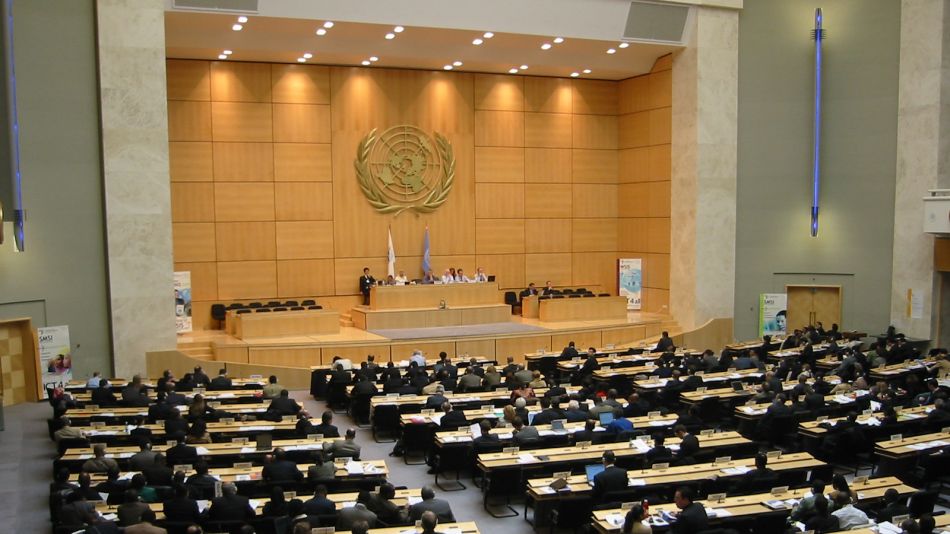
A Beautiful Monument to Failure
I recently visited a beautiful monument to man’s frustrating inability to end war. This unintended monument to failure sits on a hillside overlooking Switzerland’s Lake Geneva. It’s called the Palais des Nations.
This year marks the 100th anniversary of World War I, the first fully industrialized war. Mass production of new and destructive arms, such as chemical weapons, tanks and warplanes, led to 30,000,000 soldiers being killed or wounded. Several empires fell, and even most of the victorious nations were bled dry.
“Never again,” said the mangled nations, mourning their lost generations. The proposed solution to war was to come from collective security and disarmament, achieved through a new organization, the League of Nations.
Signatory nations promised to defend each other from aggression. International disagreements would be settled before judges, not on the battlefield. Weapon stockpiles would be reduced. A new era of understanding, cooperation and peace would begin. There would never again be a world war.
In 1920 the headquarters of the League was moved to Geneva, where the imposing palace was built.
Broken promises
Alas, the League of Nations could not keep its promises. Member nations did not live up to their commitments when Japan invaded Manchuria in 1931 or when Bolivia and Paraguay went to war in 1932. It did not intervene in the Spanish Civil War or when Italy invaded Ethiopia (both signatory nations) in 1936.
It was in the Palais des Nations that Emperor Haile Selassie eloquently pleaded with the League to honor its obligations and come to the aid of the barefoot Ethiopians, against whom the Italians had used tanks, bombers and mustard gas.

As we walked through the Assembly Hall, I tried to imagine that speech, which some consider among the most stirring of the 20th century. Yet the League of Nations, shamefully, did nothing. Some members even recognized the Italian conquest. All were too absorbed in their own concerns to keep their pledges to protect the weak.
Three years later, Hitler invaded Poland and World War II began. The League had failed utterly.
Ironically, the League of Nations structures were turned over to a new organization founded in 1945 to pursue the same idealistic purposes: the United Nations. The Geneva complex, enlarged and improved, now supplements the UN headquarters in New York.
But lasting peace still has not been achieved. I’m writing this in the Democratic Republic of the Congo, the country with the largest UN peacekeeping presence in the world. But peace still has not come to the Congo, and wars are simmering or burning around the world.
The spiritual path to peace
Mankind seeks peace with alliances, conferences, institutions, promises and good intentions. But the root of peace lies elsewhere. Long ago, the prophet Isaiah explained, “The way of peace they have not known, and there is no justice in their ways; they have made themselves crooked paths; whoever takes that way shall not know peace” (Isaiah 59:8).
War and peace spring from spiritual paths people follow. Because people don’t want to change their inner orientation, or don’t know how, wars continue and people die. (Read more about this problem, and the solution, in the January/February article “Neither Shall They Learn War Anymore.”)
The key, according to Isaiah, is justice—doing what is just, fair, right. And what is just is determined by God. True and lasting peace will only occur when all people turn to the God of the Bible and seek to fulfill His just will. This will happen one day when God “sends forth justice to victory” (Matthew 12:20).
Until that happy day, which the Bible says is sure to come, mankind will go on looking for the solution to war in the wrong places and continue building beautiful and impressive monuments to failure.
–Joel Meeker
@JoelMeeker



